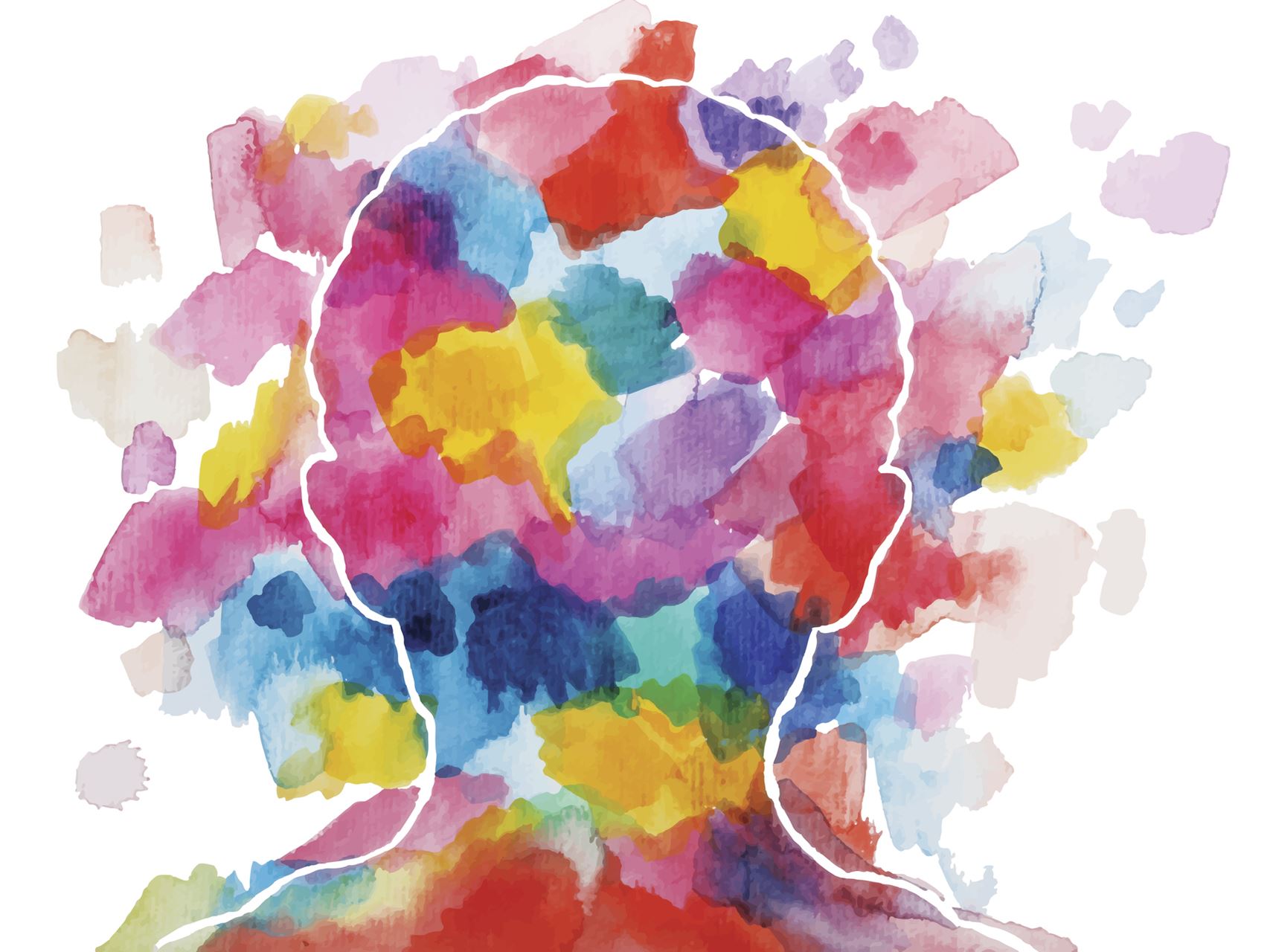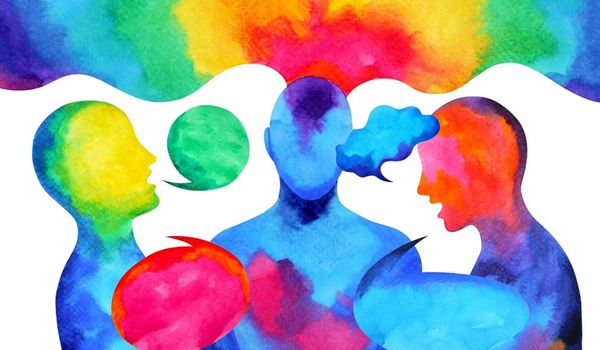Mental Health and Wellbeing
Struggling with your Mental Health? Well you are NOT alone.
Did you know that 1 in 4 people will experience a mental health problem of some kind each year and 1 in 6 people report experiencing a common mental health problem (like anxiety and depression) in any given week in England.
Below you can find helpful leaflets, websites and local services within the Cambrigde area to support your journey to better mental health and wellbeing.

Not sure how you're feeling?
Its not always easy to recognise or admit that we aren't feeling 100%. The following questionnaires can help point you in the right direction for advice and further information.
- NHS Mood Self-Assessment Questionnaire for those aged +16 (click here to be redirected to the site)
- Suffering with low mood? Take the PHQ9 questionnaire. (Results of this questionnaire are fed back to the Practice)
- Suffering with anxiety? Take the GAD7 questionnaire. (Results of this questionnaire are fed back to the Practice)
Children and Adolescent Mental Health
Mental health problems affect about 1 in 10 children and young people. They include depression, anxiety and conduct disorder, and are often a direct response to what is happening in their lives. This could be anything from bullying to exam stress.
These are some of the mental health problems that can affect children and young people.
- Depression affects more children and young people today than in the last few decades, but it is still more common in adults. Teenagers are more likely to experience depression than young children.
- Self-harm is a very common problem among young people. Some people find it helps them manage intense emotional pain if they harm themselves, through cutting or burning, for example. They may not wish to take their own life.
- Generalised anxiety disorder (GAD) can cause young people to become extremely worried. Very young children or children starting or moving school may have separation anxiety.
- Post-traumatic stress disorder (PTSD) can follow physical or sexual abuse, witnessing something extremely frightening of traumatising, being the victim of violence or severe bullying or surviving a disaster.
- Children who are consistently overactive ('hyperactive'), behave impulsively and have difficulty paying attention may have attention deficit hyperactivity disorder (ADHD). Many more boys than girls are affected, but the cause of ADHD aren't fully understood.
- Eating disorders usually start in the teenage years and are more common in girls than boys. The number of young people who develop an eating disorder is small, but eating disorders such as anorexia nervosa and bulimia nervosa can have serious consequences for their physical health and development.
If your child is having problems a teacher, school nurse, school counsellor or educational psychologist may be able to help. Otherwise, go to your GP or speak to a health visitor. These professionals are able to refer a child to further help. Different professionals often work together in Child and Adolescent Mental Health Services (CAMHS).
COVID-19 & Mental Health
Bereavement
Lonliness
Bipolar Disorder
Advice for Friends and Family
If you are worried about someone it can be difficult to know what to do. When you are aware there is an issue, it is important not to wait. Waiting and hoping they will come to you for help might lose valuable time in getting them support.
Talking to someone is often the first step to take when you know they are going through a hard time. This way you can find out what is troubling them and what you can do to help.
Here are some useful links to help you approach the situation:

Page created: 13 August 2020